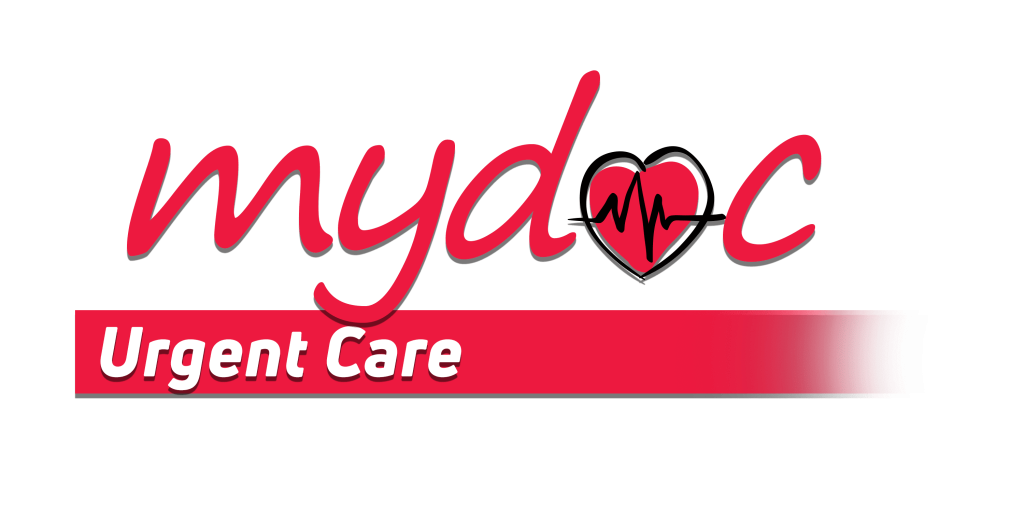Ovarian cysts refer to the formation of fluid-filled sacs in the ovary. The ovaries are part of the female reproductive system and located in the lower abdomen on either side of the uterus. The ovaries are responsible for the production of eggs (female gametes). Ovarian cysts are common among women who still get their periods. Usually, these cysts are painless and harmless and go away on their own with any treatment. Additionally, cysts are prevalent when you are going through a pregnancy. A cyst in the ovary becomes problematic when it doesn’t go away or its size increases. It may even get painful. In such circumstances, there is a risk of cancer, but it’s rare.
SIGNS AND SYMPTOMS
The ovarian cysts may not cause any signs or symptoms usually. But if you have ovarian cysts, you may experience the following signs and symptoms:
- abdominal pain
- pelvic pain which radiates to the lower back
- bloating
- urinary urgency
- painful sexual intercourse
- increased abdominal circumference
- breast tenderness
- painful bowel movements
- one-sided pain in the lower right or left quadrant of the abdomen
- nausea or vomiting
However, if you are experiencing the following severe signs symptoms due to an ovarian cyst, immediate medical assistance is required:
- extreme sharp pelvic pain
- fever
- fainting or dizziness
- rapid breathing
The symptoms may indicate a ruptured cyst or an ovarian torsion. Both of these conditions are a medical emergency and prompt medical attention.
RISK FACTORS
The risk of developing ovarian cyst increases due to the following factors:
- Pregnancy: There is a high chance that a cyst that forms on your ovary during ovulation, stays throughout pregnancy
- Hormonal Disorders: The use of fertility drug clomiphene, used to initiate ovulation, can cause the development of ovarian cysts
- Pelvic Infection: Ovarian cyst may develop if the pelvic infection spread to your ovaries
- Endometriosis: In this condition, uterine endometrial cells grow outside of the uterus. Some of these abnormal cell proliferations can advance to ovaries and form an abnormal growth there.
- History of the Previous Cyst: If you have a medical history of an ovarian cyst in the past, you are more likely to develop in the future.
COMPLICATIONS
Usually, women who are suffering from ovarian cysts do not develop any severe complications. Occasionally, some cases of an ovarian cyst may deteriorate and turn into something complex. So, it would be best to get yourself checked-up by a healthcare professional regularly.
Some of the critical complications of ovarian cyst are as follows:
- Ovarian Torsion: If the cyst starts to grow on the stem of the ovary, it becomes twisted. As a result, the blood supply to the cyst and nearby tissue gets blocked; this causes severe pain in the lower abdomen. If this condition doesn’t get prompt medical attention, it may lead to tissue necrosis.
- Burst Cyst: If the cyst continues to grow in size, it may burst and cause extreme pain to the patient. If the cyst becomes infected, the pain will be far worse. It may even lead to bleeding. The symptoms may resemble those of diverticulitis or appendicitis.
- Cancer: Rarely, an ovarian cyst may be an initial stage of ovarian cancer.
TAKE AWAY MESSAGE
Every woman may develop an ovarian cyst in her lifetime. Even though the ovarian cyst is not a very complicated condition in most cases, but you still need to be careful with such medical conditions. You never know when this cyst may get cumbersome and pose a severe threat to your health. If you are suffering from an ovarian cyst, book an appointment at MyDoc Urgent Care, and get yourself checkup by experienced medical doctors. It’s better to be safe than sorry!
Book your appointment online or visit us at our offices in Forest Hills,East Meadow,Brooklyn,Bronx,Jackson Heights and little Necks